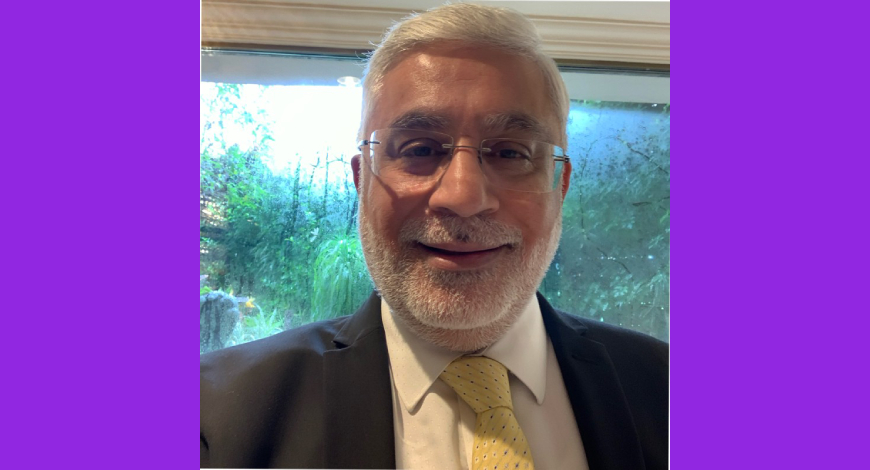Designing industry-specific programmes to create medical professional for clinical trials, Kamal Shahani, Founder and MD, Cliniminds, speaks on the importance of embedding values into technical training
What was the inspiration behind starting Cliniminds?
The idea came when I was in the United States from 2004 to 2006 and the clinical trials industry was booming there, while clinical trial industry in India was just starting. When I returned to India, I observed a workforce requirement in this sector. There were no opportunities for people to receive formal training in clinical research, drug safety, business analytics and data management. We wanted to create a platform for not only professionals but also those who are just starting their careers after studying life sciences or medical education. That’s how the Cliniminds branding began.
What are some good practices that are critical to clinical trials?
Clinical trials are all about ethics. In all clinical trials, the procedure and ethical guidelines need to be followed by the company conducting the clinical trial. This is imparted through education. We ensure that students understand the concepts of ethics, the meaning of ethics, and the importance of ethics not only in clinical science but in their life and overall career.
What steps have you taken to bridge the skilling divide between academia and industry?
We have approached the government proactively and sought accreditation to these programmes in life sciences. Bringing Skills Development Council into our programmes has helped us, the students and the industry in standardising the training.
Two, this industry uses a lot of IT platforms for clinical trials, softwares and databases. So, we have integrated these softwares and databases into the training process. Itself.
Also, every student comes with the vision to get job placement. So, we have a 360-degree placement-oriented programme. Our technical teams are there to train them on writing, interview preparation, mock interviews, doing the aptitude test, etc. All the programmes are designed as per the industry requirement that fit specific job roles.
What are your plans for scaling up?
During Covid-19, people realised the benefits of e-learning technologies and that they are here to stay. E-learning is helping us reach out to the smaller towns and cities, where students are able to learn from the best trainers and given the same job opportunities as their urban counterparts. This is helping us to grow.

